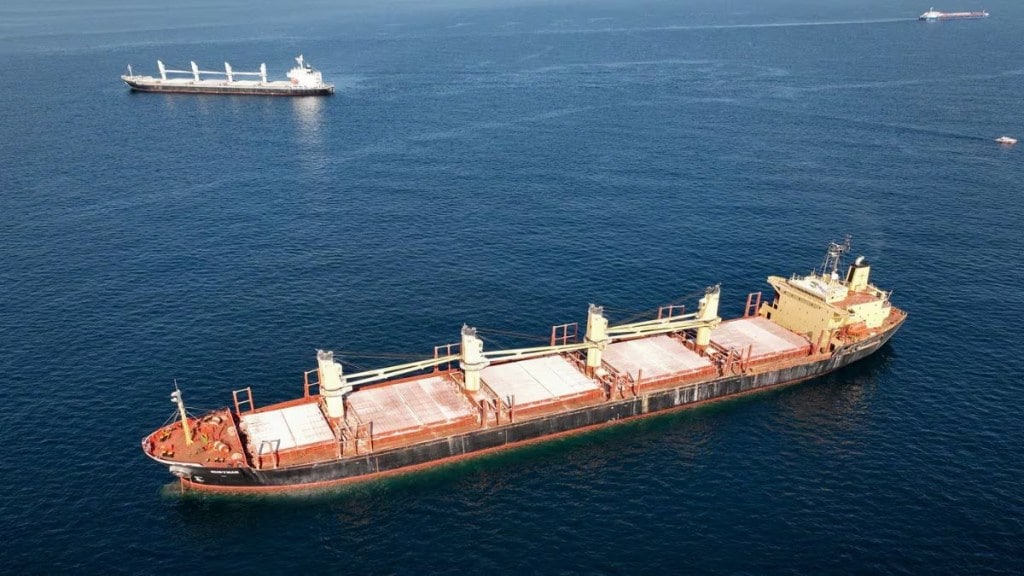In the midst of the ongoing Israel-Hamas conflict, Yemen’s Houthi rebels have clandestinely struck a deal with Russia and China, altering the dynamics of the Red Sea region. This covert agreement ensures that Houthi insurgents refrain from targeting Russian and Chinese vessels navigating the Red Sea. This revelation comes at a pivotal moment as Iran-backed Houthi rebels intensify their assaults on American, Israeli, and British ships traversing these strategic waters. Reports suggest a pivotal meeting transpired between Houthi leaders and representatives from China and Russia in Oman, where terms of the agreement were brokered.
During the meeting it was decided that Houthi rebels will not attack any Chinese and Russian ships in the Red Sea and the Gulf of Aden. And, in return, China and Russia will provide political support to the Houthi rebels at the United Nations.
Why is this important?
According to reports, countries including the US and the UK are continuously bringing proposals against Houthi rebels in the UN. Recently, the US has also included Houthi rebels in the list of terrorist organizations.
Background
Since November last year, Iran-backed Houthi rebels have been attacking commercial ships of Israel, US and their allies in the Red Sea with drones. Apart from this, merchant vessels have even been hijacked and taken to Yemen. In response, as reported previously by Financial Express Online, the US along with allied countries, has formed a new maritime group which is carrying out air strikes on the positions of Houthi rebels inside Yemen along with the sea. Based on information available in the public domain the Houthi rebels have claimed to have shot down even America’s MQ-9B Reaper drone.
Why are Houthis attacking?
Actually, they are opposing Israel’s war against Hamas in Gaza. Due to this protest, Houthi rebels first started drone attacks on Israeli ships and then even targeted the American warships. In such a situation, the impact of the Israel-Hamas war has spread to the Red Sea and the Gulf of Aden.
History
Due to Iran’s support, Houthi rebels rebelled against the Saudi Arabia-backed ruling government in the West Asian country Yemen in 2014-15. Since then, there has been a civil war in Yemen. In recent years, however, Houthi rebels have strengthened their claim and have also joined Yemen’s coalition government. The areas and ports adjacent to the Red Sea, including the capital Sanaa, are dominated by Houthi rebels. This is why Houthi rebels are blocking the passage of commercial, cargo and oil ships to and from the Red Sea. In such a situation, commercial ships from Europe to Asia are taking a long sea route to the African continent instead of the Red Sea through the Suez Canal, due to which the cost of cargo has increased manifold. Apart from this, insurance costs of merchant vessels have shot up. This is affecting essential goods, due to which America is trying to keep the Red Sea safe.
Indian Navy’s Critical Presence
The Indian Navy is also engaged in securing the sea route in the Gulf of Aden and in the last few weeks has helped several ships in relief and rescue operations after drone attacks.
Attacks in these sea lanes are also impacting China’s trade. Therefore, in such a situation, China, along with Russia, has signed an agreement with the Houthi rebels.
What is the agreement?
There are no official details about the agreement.


